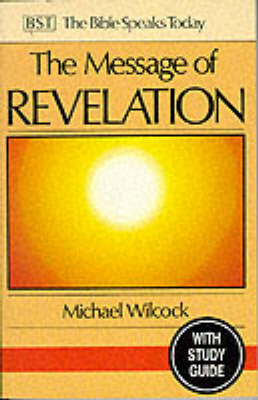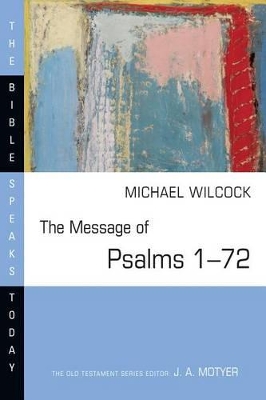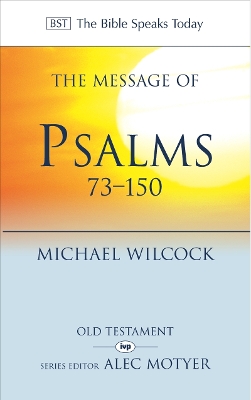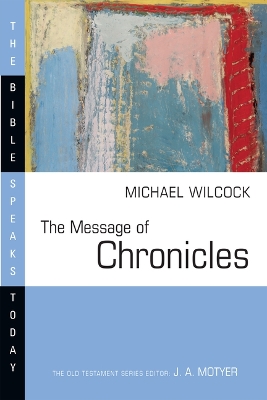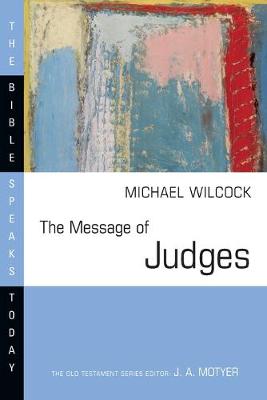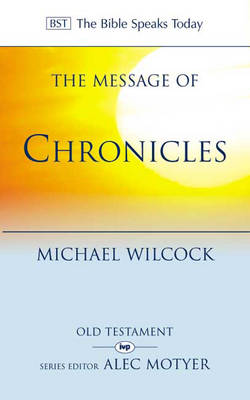The Bible Speaks Today
9 total works
And what is a twenty-first century reader to do with living creatures, locusts like horses, seven bowls of wrath, war in heaven, various beasts and a dragon?
Michael Wilcock maintains that when God's words, declarations, arguments and reasonings had all been spoken, God gave the church a 'gorgeous picture book'. He lifts the curtain on Revelation's drama in eight scenes, helping our imaginations as well as our minds grasp the key concepts of this fascinating and enigmatic New Testament book.
The Message of Chronicles : One Church, One Faith, One Lord
by Michael Wilcock
Once its purpose is grasped, the book comes alive. It can be seen as nothing less than a final and momentous look back over the entire Old Testament. Viewed in this way, Chronicles has something of the vividness, contrast and drama of the last book of the New Testament, Revelation.
Michael Wilcock sees the countless persons named and chronicled as part of one people of the living God. They make vivid to us the truths by which the Lord's people in every generation are to live.

